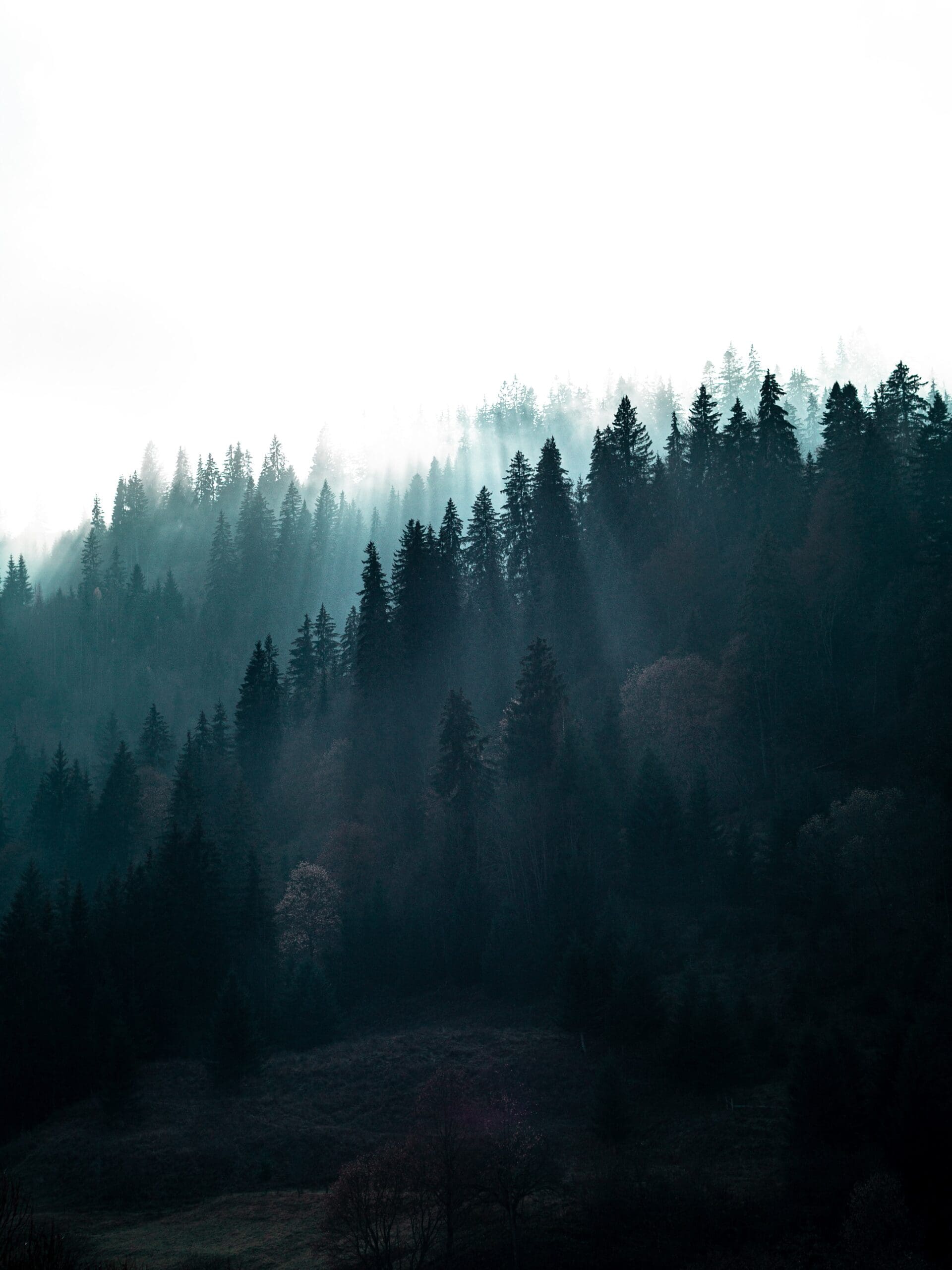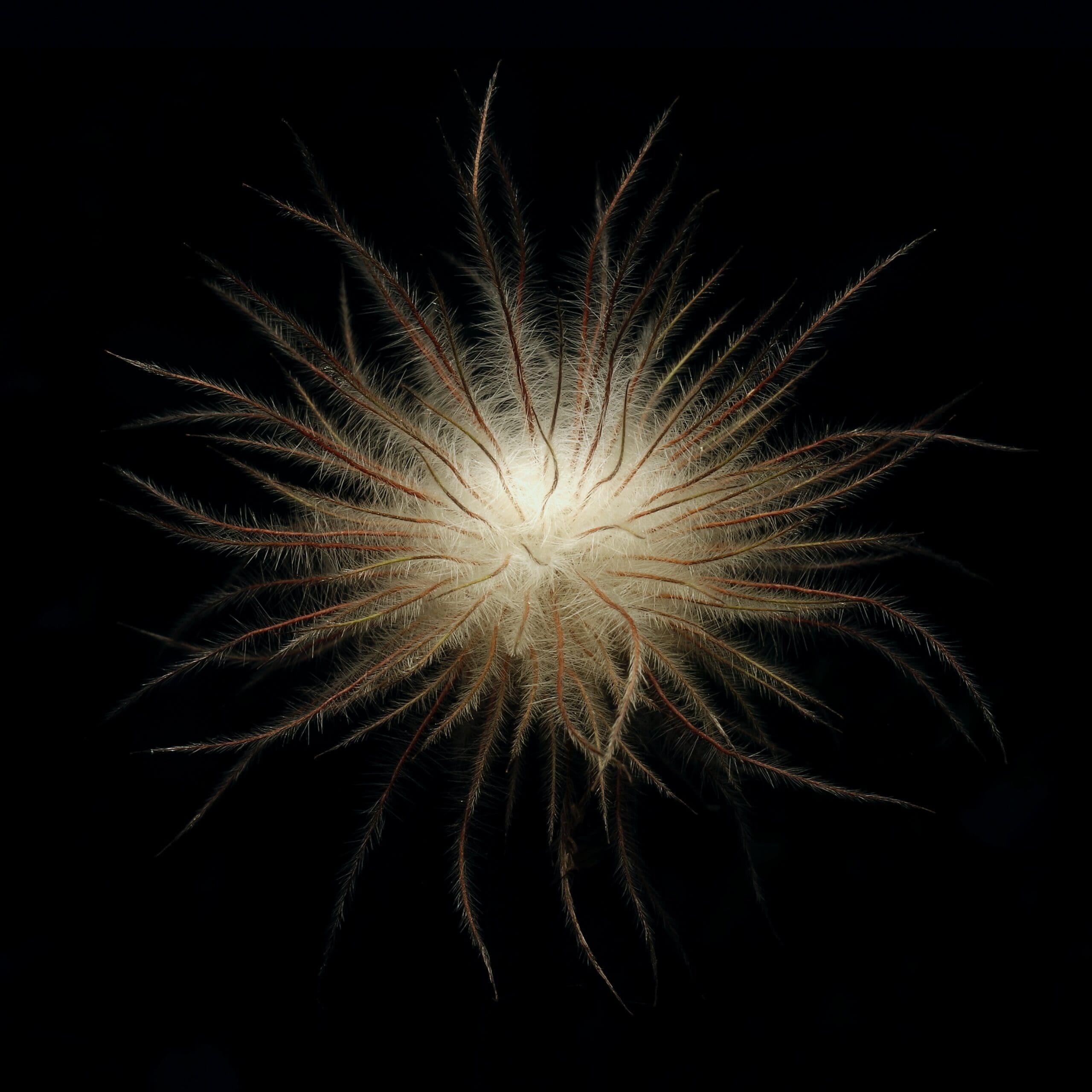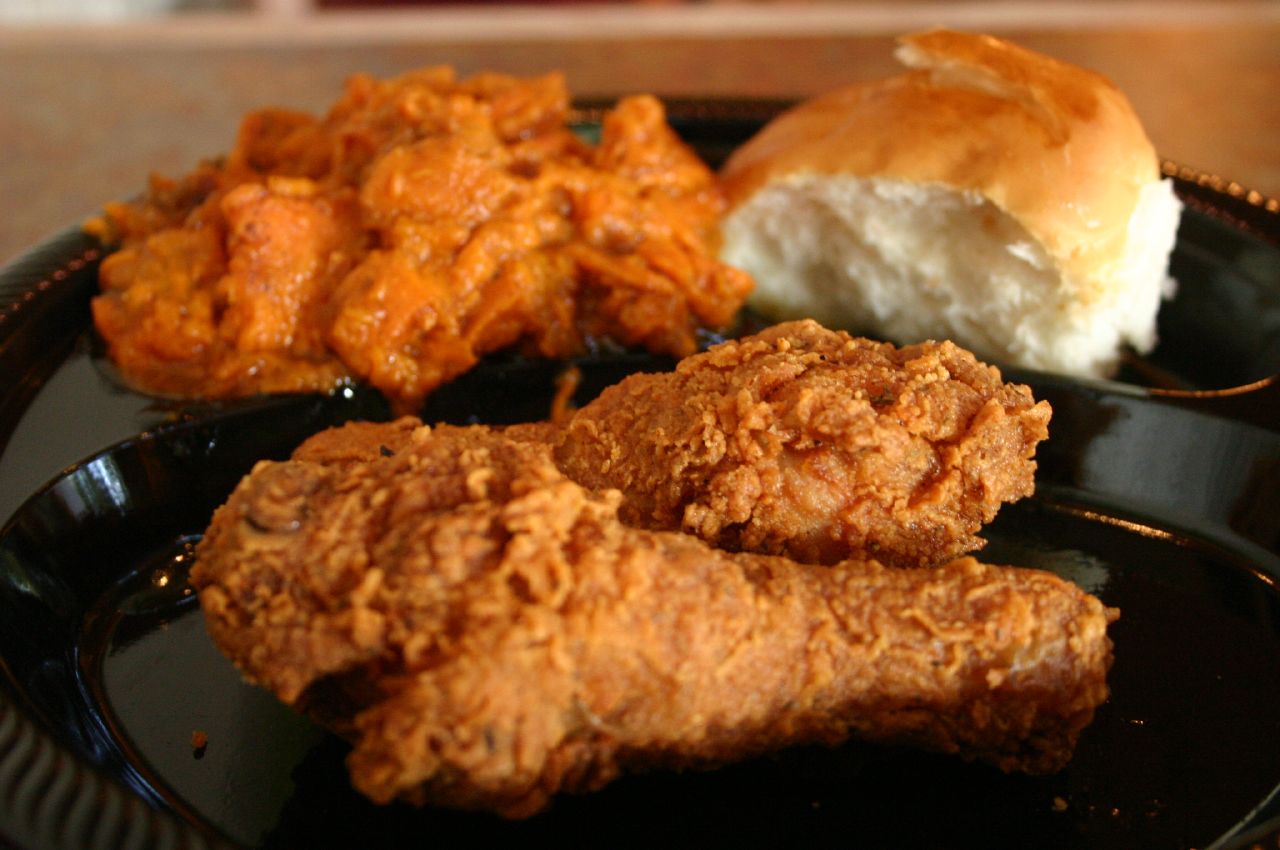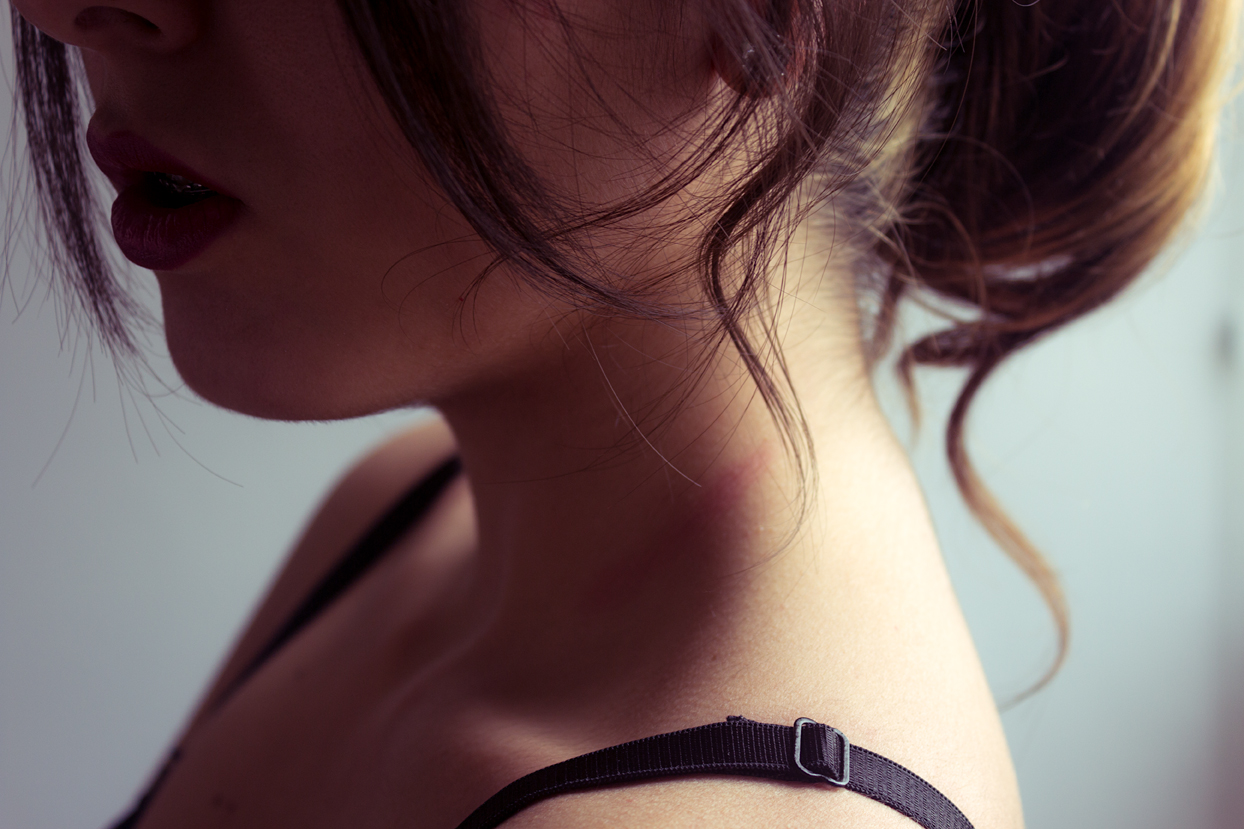Down in the willow garden, where me and my true love did meet,
There we sat a-courting, my love fell off to sleep
– “Rose Connelly,” traditional Appalachian ballad
I hear my name in in the mouths of strangers.
I will address my father first. He was never not there, except for the times when I snuck away, which as I became a young woman grew more and more numerous. I lived in a town far from the city, but of course you know that because you lived there too. The schoolhouse is the color of a gray river stone, and in the hour towards dusk it looks like a shadow with no color at all. The few shops stand so close that you can look from the window of one into the window of the next, and imagine yourself standing there in a few moments.
My father had money and we lived in a house nicer than most, nicer than yours. He earned this money by selling things that arrived by way of the river, fabrics mostly, though occasionally tea and other luxuries. Once when I was very young, he ordered a shipment of small metal bells for a festival in the city. Many of us went, our bags and the ribbons at the end of my and my sister’s hair ringing prettily as we jostled on the back of a wagon.
My father often called me disobedient, even when I did exactly what he asked. With three women in his house, he had to show us that despite our number, we were no competition for him. He didn’t fear we’d hurt him, he feared we wouldn’t respect him, and to prevent such a turn of events, he demonstrated how easily an arm can bruise, how loud a voice can sound right in the ear. He liked that my sister and I were soft, by which I only mean that he never showed his softness, as a rule, and the fact that we showed ours gave him an advantage. All people are soft, though most men are taught to deny it. In a way, my father built our softness up, required it as a matter of course. He considered my body and my sister’s body things he could move at will: into the living room to present to a visitor (how lovely she is), out of the door to run an errand (you might as well use those chicken legs to move quickly). And in his house, in return, he protected us from whatever lay beyond the door.
You liked my softness too, and I prefer to think not just because it allowed you to do what you did. Since you liked my softness I have come to resent it, to hide it and only with a great exertion of energy allow it to expand, gently, like dandelion seeds, into the air around me.
When a girl is a child, anyone can touch her, move her if she’s in the way, pick her up as a joke. When a girl starts looking like a woman, men touch her differently, though no less. The meaning of the touch changes: she’s no longer in the way, she is the way, a site of pleasure and a means to evoke amusement or envy in other men.
Because men always touched me, I knew it not to be a special thing. Touch is not love, and because my body often felt like a possession, I grew to think that love might in fact be a form of not-touching, or of only touching at certain times, when it is most wanted. My sister said she sometimes enjoys it when her husband touches her in the married way, and he certainly has more legal right to do so now. When we were younger we read a battered, fabric-bound copy of Charles Perrault’s fairy tales and talked about marrying for love, but as we got older it became apparent quickly that better than passion is safety; better to be a treasured possession than to be kept nowhere at all. We needed, of course, to pass from our father’s house into the houses of other men. My sister succeeded.
You didn’t need to do such a thing; you’d lived your whole life freely leaving your father’s cabin whenever you weren’t working, without fear. You lacked in money, but were wealthy in other ways.
If I needed another man, I thought you might be a good choice. I started thinking this the first time you came to our house to deliver eggs you gathered from your chicken coop. That house of cooing, featherdown bodies feared you undoubtedly more than I did; they’d seen you take their sisters and lay them on a stump. I liked the way your brown hair fell across your forehead, and the way you looked me in the eye when you smiled, though it was as much about what you didn’t do: you had not, as far as I knew, bedded any other women in town, the way the doctor’s son had; you never put your hand on me unless I wanted you to, right up until that last time. It was the caring not-touch I had imagined.
You asked me if I wanted to walk in the willow grove near the river, the most beautiful place in town, you said. We went walking there exactly six times. I allowed myself to start counting after the third, by which time I’d confirmed you would only push me down in the grass when invited, and leave my skirt where it was. I invited it twice; I counted those too. You listened to me talk, and promised me things: freedom from my father, a companion in escape. I had known true calm only when I snuck away by myself to the woods, and it was during those times, when I knew my body to be safe, that I allowed my mind to indulge in fantasies of climbing in the back of one of the delivery wagons, and watching other parts of the world move by as I lay hidden under bales of fabric. I started to imagine that I could share these fantasies with another person. Gradually, I allowed my mind and spirit to cultivate an infatuation with you. I allowed myself to find pleasure in the shape of your shoulders and the gentleness of your kisses. I watched you in the moments when you looked up at the long, swaying branches, their cascade of thin leaves which you once told me reminded you of my hair, and observed the way your pupils fixed, very still, on one location. I imagined you were considering my own beauty, though I know now you were concerned with other things. My mother smiled at you on the rare times when you came to call, and my father said you were too poor and forbid me from seeing you, though of course I’d become very accomplished at sneaking away, particularly after my sister left.
Once, we went to your father’s cabin. It startled me how small it was and how large the gaps between the boards of the walls; mice and wind came through with equal ease. Your father sat mostly in a chair and smiled at me. I know now that he was smiling at my clothes, which were made of the patterned fabrics my father traded and had no holes in them. It’s possible he was looking also at my eyes, the way the skin wrinkled at their corners; at my hands, the lines on my palms, the way their backs were clear of sunspots and other signs of age. But if he saw these things, they were overshadowed by my family’s wealth. I felt uncomfortable, wanted to bring you food and money, but didn’t know how to offer these things to men, who rarely like to accept help from women. My father would never have shared his wealth with you, even if we married. When you finally asked me to bring you several paper bills to help you both, I felt relief, and gladly agreed. I would steal them.
The last day, I wore a dress I thought fitting for walking in the willow grove, made of a green linen with a delicate pattern of small flower buds. You were especially quiet as we walked along the muddy river bank, your pack slung over your shoulder. I asked you if you thought I matched the trees, and pushed your arm gently. You smiled back and said of course. I could say now that I had a sense of something wrong, but it wouldn’t mean anything, because I always had a sense of something. I had a sense you might still push me on the ground and force me; worse had happened to other girls I knew. I had a sense that if we married, our courting would end and we might not walk in the willow grove ever again; this often happens to lovers. It happened with my parents.
I don’t think that I had a sense of what you intended, or I wouldn’t have drunk the wine. You pulled it out of your pack, the glass bottle stopped with a cork. Songs and poets say wine is the color of blood, but I find blood lighter in color, like the shade of a red aster flower where the petals meet at its center. This wine was red like the deep red velvet my father once ordered for a man in the city. You offered me some; it tasted like peach jam and soil and fresh marjoram. I let it sit on the back of my tongue. It tasted, too, like something bitter; the rind of an orange, an under-ripe walnut. You looked up at me from under your eyelids, and I foolishly thought you were admiring me. You didn’t drink any.
When you tell the story, you say that I then fell asleep. It’s true that I lay back, my head resting on my jacket, and fell into a kind of doze, but I was never completely unaware of what was happening. Does it make it better that you wanted me to be asleep? Some people might say it makes you a coward, and still others would say it makes you gentle, to resist killing a woman in a painful manner. I don’t care one way or the other, though I know it matters greatly to you: this kind of speculation makes the story yours.
My eyelids fell almost closed, and I could see the thin, hanging branches above us sifting the sunlight as it reached us in mottled fragments. My body seemed to float, as if I were swaddled in a thick coat and could barely feel the ground brushing against my shrouded back. I felt you moving next to me, and when you reached into my pocket and took the bills I had brought to help you and your father, I tried to speak, but my tongue was too heavy in my mouth. You took the silver necklace I wore; you took the rings from my ears. I began to panic, and my eyes moved back and forth beneath my eyelids, but either you couldn’t see this or preferred to pretend.
I don’t ask why you stole from me. Your family knew a kind of struggle I didn’t: had I been you I might have done the same.
You call me “my love” when you tell the story, and that is what angers me. I don’t wonder how you can, after what you did, as during my life I heard men say all sorts of things when they thought I wasn’t there:I crept outside my father’s study when he had buyers at our house, I hid behind the milliner’s shop and listened to him tell his son what to say to make a woman give in.
What allows me to rise from the place you threw my body and tell the story over again is the way the words “my love” call your listener to mourn for you, as if you lost something you sorely wished to keep, as though you’re not as bad as anyone else who took a body and made it something different.
You moved beside me and pulled a knife from your bag, though I didn’t know what it was until I felt its point pressed against my abdomen, just below my ribs. I heard you breathe deeply, then shove the long knife down. At first I felt a shock, the surprise of skin realizing the close-knit web of its fabric has broken. Then the heat, like my own flesh was producing the flame, and then the sharp ache, growing in pain until it overcame my thoughts and I could only watch.
The blood ran out over the green of my dress, pooling in the grass beside me. I heard your breath, shallow now. You lay down next to me, propped on your arm over me. Your hair fell over your forehead. “What have I done to you?” you asked. I imagine this sentence provided a place from which to grow your song, the one you sing in your jail cell, the one others overhear and enjoy and have started to sing in their houses and fields.
As you asked your question, you ran your fingers over and through my hair, pressed them into the hollows of my neck, touched my eyelids, traced the bone of my jaw. You slid your hands down my sides, touching the blood though not lingering in it, ran your palms over the still-warm surfaces of my legs, clutched at my feet. You perpetuated the moment, the presence of my body, a lingering denial of what you did.
I know from your song that your father told you to kill me for my money. I stole it from my own father’s desk, which I unlocked with a long needle: my sister taught me when we were small. I thought that if I brought it to you I might have a life like hers, a home good enough to make me content, a reason to leave like she did, so that I wasn’t alone in our house, child and not child.
This amount of money would be more useful to you, your father said, if I weren’t attached to it; if you could leave the obligation of supporting me and what children we might have behind. You would both be free, he said.
You are free, even though you sit in a jail cell waiting to be hanged. In your song, you tell of how your life will soon end, of how you threw my body into the river. You sing to cleanse yourself through a romance you invented; I didn’t feel any poetry in that moment. Not one word or note sings to me, or my life, or what it was like to be killed. That is how I know you’re free. “Dear little girl,” the words go, and listeners shake their heads; she was dear, they murmur. They don’t know how I stole liquor from my own house and walked into the woods, alone, to taste it; they don’t know about the time I set my sister’s husband’s horses loose when they were visiting so she couldn’t leave me again. Your words make me someone I never was.
How weak you are: clever enough to know what poetry and feeling are, and yet unwilling to imagine my poetry, my feeling. My name was Rose, your song got that right.
Isabel O’Hara Walsh (she/they) is a graduate from the MFA program in fiction at North Carolina State University and is working on her second novel. She teaches fiction at the Redbud Writing Project, and also works as a Tarot reader and witch. Walsh writes literary fiction with touches of horror that bring buried stories to light. She lives in Raleigh, NC with her partner and many pets.
Photo by Alina Fedorchenko on Unsplash




